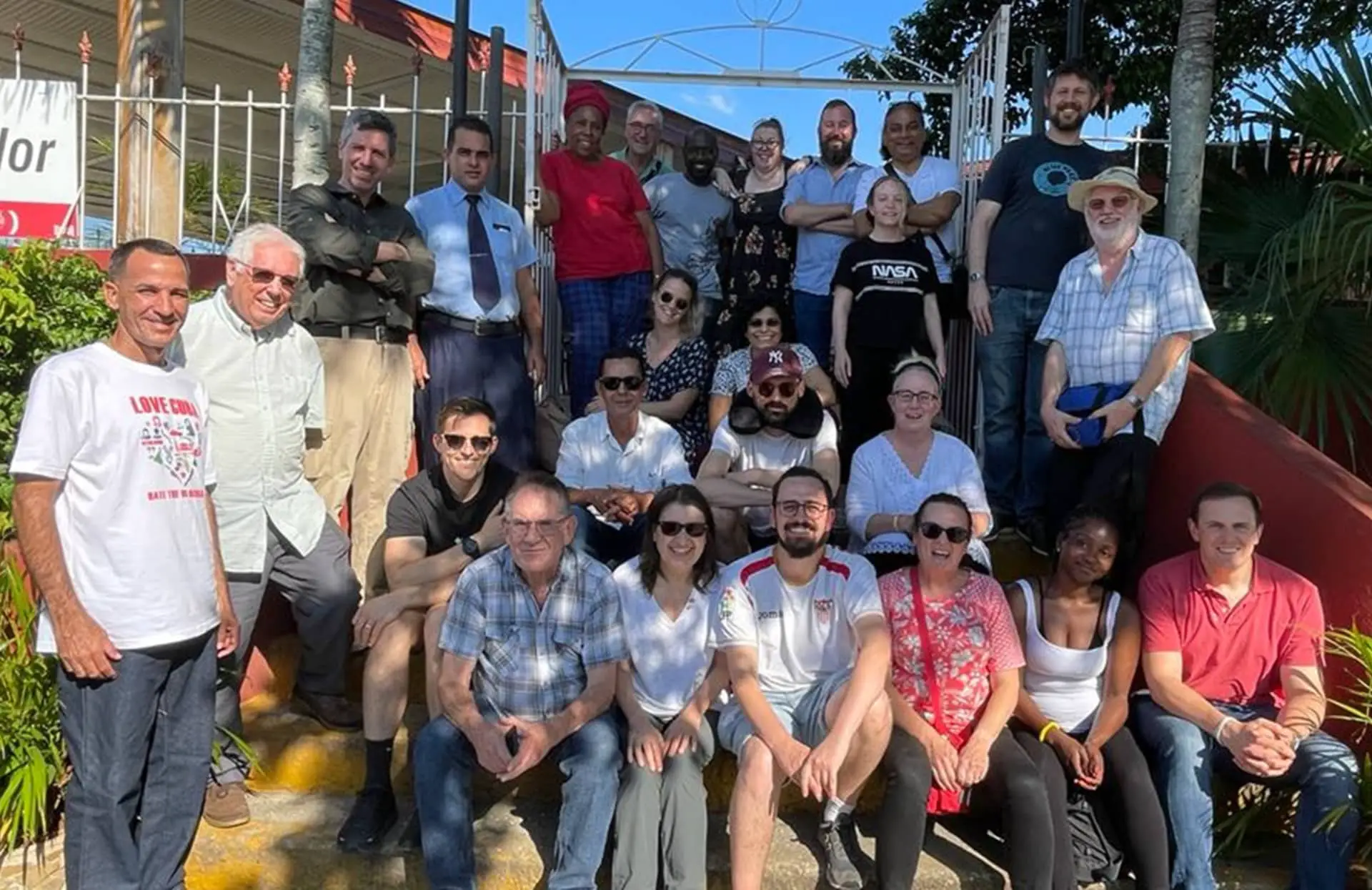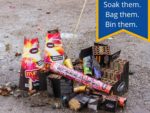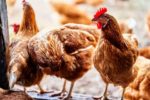Peter Shreeve shares this report from his recent educational trip to Cuba. In his own words, Ed
Assistant District Secretary of the National Education Union (NEU), Peter Shreeve has just returned from an intensive six-day visit to Cuba.
The aim being to exchange educational ideas and learn about the challenges following Covid, the devastation of September’s Hurricane Ian and the 60-year US blockade.
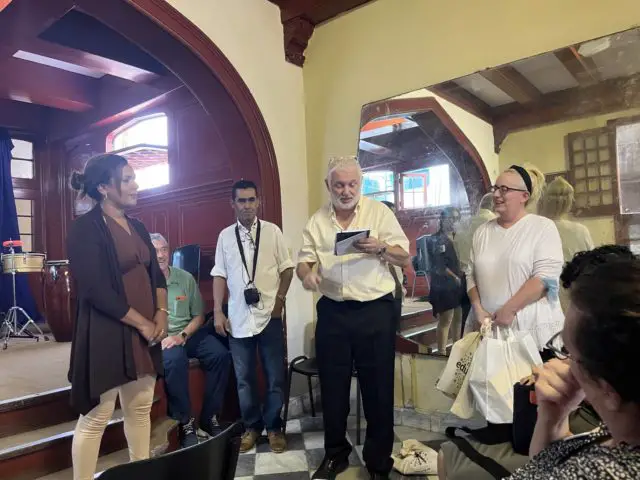
There were visits to primary, secondary, special and specialist schools in urban and rural environments, as well as university. Also, meetings with many local and national groups and families.
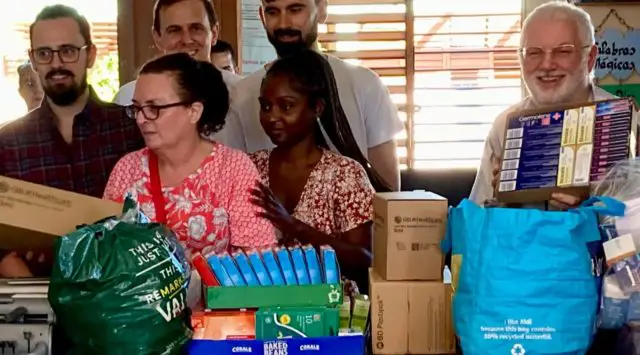
Commenting on the visit, Peter said,
“To experience such a uniquely different island and see how they achieve so much in education with far fewer resources was humbling.
“After three days in Havana, it soon became clear how Cuba valued education. Primary class sizes of 15-20 pupils with impressive staff ratios.
Early intervention is the norm. The Dora Alonso autism school (for those aged 1-6) explained how those with greater educational need are supported. The Cuban equivalent of an Education, Health and Care Plan (EHCP) takes a maximum 6 weeks to explore. The child receives support the very next day.”
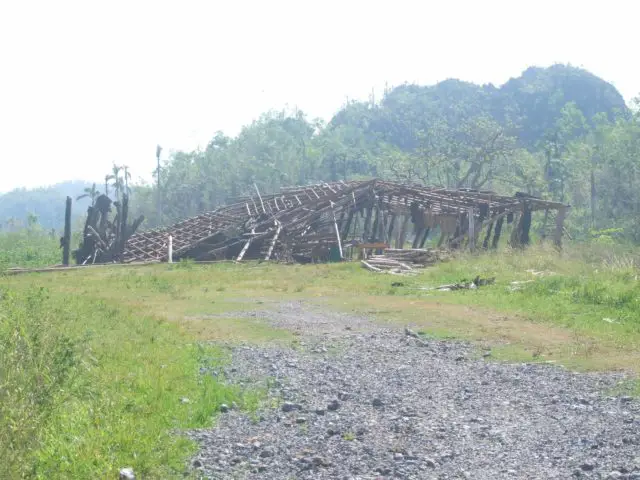
Autism school
This 108-pupil autism school further confirmed how society focusses on learning. Each child spends three days here and two days integrated within their mainstream setting.
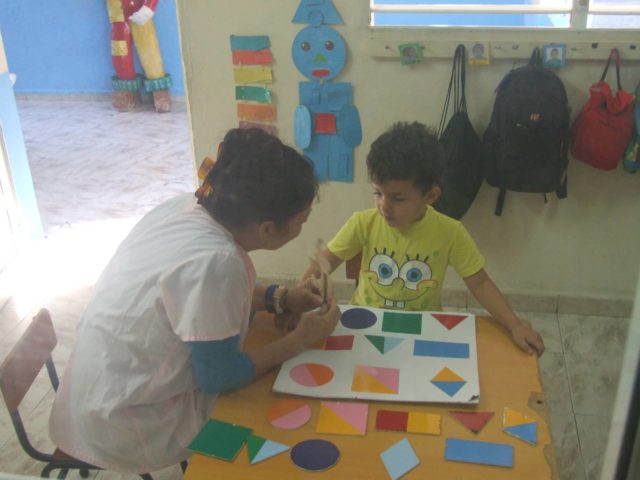
No time is wasted not attending school. There are:
- 47 teaching staff including four speech therapists, three psychologists and a physical therapist.
- 24 non-teaching staff, four of whom are past pupils.
- 13 classrooms, including a specialist physical therapy room.
- monthly meetings with families as well as home visits, workshops for parents, grandparents and siblings. Families access respite by joining other families on organised ‘breathing days’.
- regular socio-education activities – visits to the park, equestrian centre, zoo, playgrounds and the small on-site pool too.
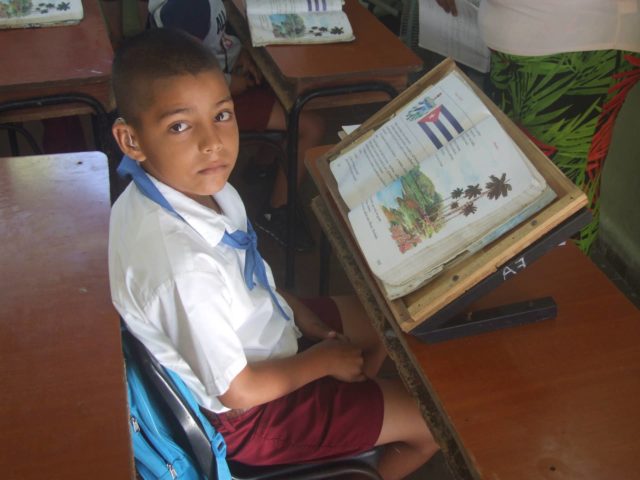
Every aspect illustrates that African adage: “It takes a village to raise a child.”
Cuban children are happy and seldom miss a class
Despite a lack of equipment Cuban children are happy and seldom miss a class. Primary classes have around 20 pupils and secondary classes are smaller, ensuring extra personalised help. All students receive free lunches.
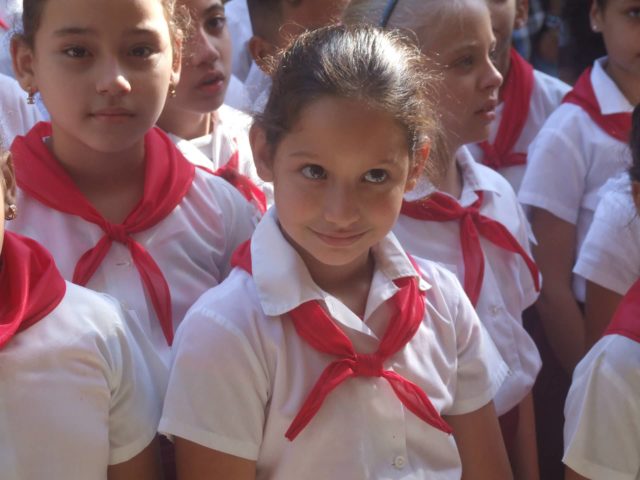
Peter continued
“Cuban culture, inclusion and social participation ensures educational progress, even in rural areas, such as Pinar del Rio, which had recently been damaged by Hurricane Ian. A rural school for the Arts was a hospital during Covid (online lessons continued). It was an evacuation centre during Hurricane Ian, when their boarding dormitories lost all their top floor windows.
“As we visited, the ground floor was accommodating 26 local families (74 people in all), who had lost their homes due to the Category Three storm.”
Learning continued. Excited students provided a private musical presentation of song and dance.
Highly resourceful, innovative and creative
Cubans are highly resourceful, innovative and creative. We learned worn out guitar strings were filed thinner to become violin strings.
Dance shoes were repeatedly patched. Music was everywhere. The performance was vibrant and we joined the singing and the salsa.
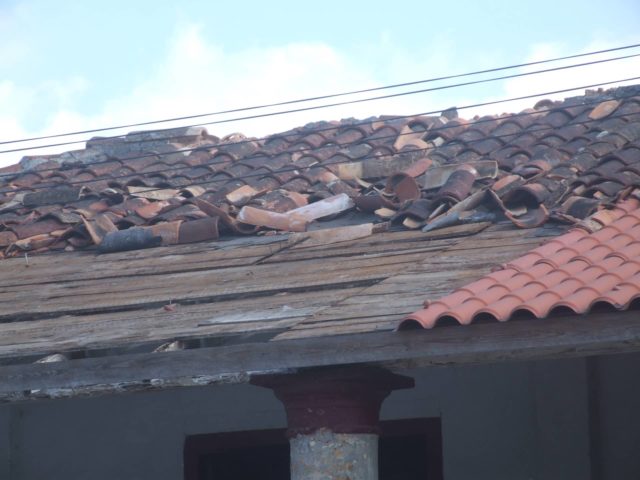
Cuban society as a whole is a giant school
In less than a week, we learned Cuban society as a whole is a giant school, spending a greater proportion of its GDP on education – more than almost any other country in the world according to the World Bank.
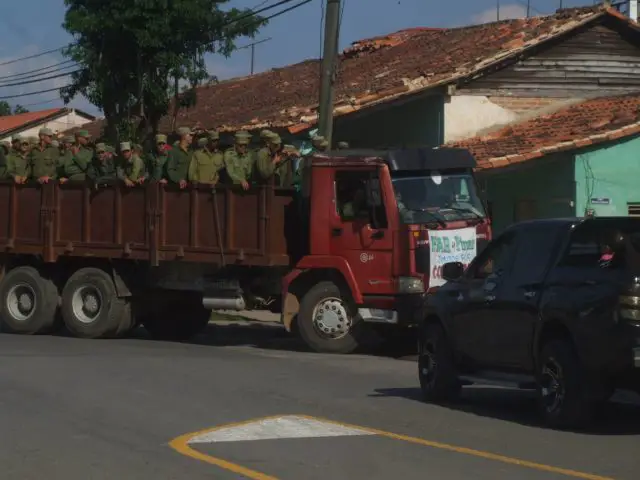
Everyone in society supports each other with good humour and significant educational progress is made, even on a shoestring.”

